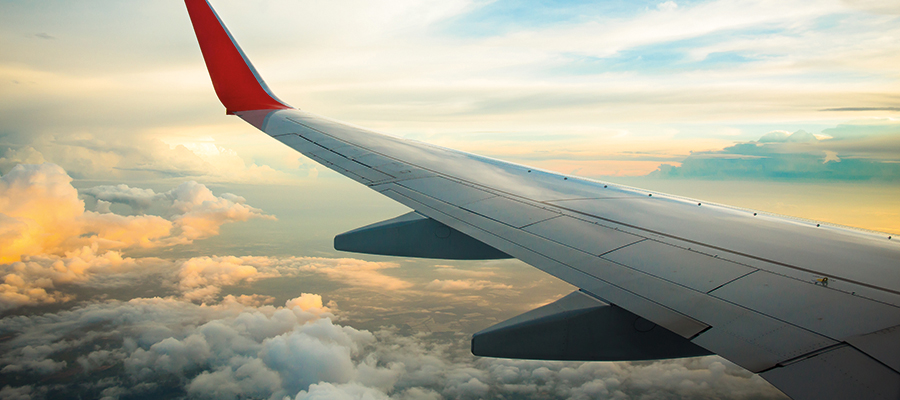🕒 Article read time: 2 minutes
Air freight decarbonisation takes off
Advertorial Content

Of all the transport modes, aviation has long been recognised as the most difficult to decarbonise. As commercial aircraft generally depend on expensive jet fuel to power their engines, it comes as little surprise that domestic and international aviation accounted for a sizeable 8% of UK CO2 emissions in 2019.
With no established alternatives to conventional fossil fuel-powered flights, government acknowledges that reducing emissions from aircraft will be very difficult in the short to medium term.
VITAL TO UK TRADE
However, air cargo remains hugely important to the UK economy, contributing £7.2billion each year and supporting more than 150,000 jobs. It is a complex sector too, delivering high-value imports and exports that must be delivered quickly, safely and economically.
While the COVID-19 pandemic has caused a dramatic reduction in demand for air travel, many in the aviation industry expect air passenger numbers to recover to 2019 levels by 2023-24. When growth recovers, the challenge of decarbonising air freight remains.
FIRST STEPS TO ZERO EMISSION FLIGHT
So how can the sector play its part in helping to reduce emissions to net zero by 2050? The good news is that airplane manufacturers are already taking ambitious steps to help achieve this target. In September 2020, Airbus unveiled its plans for the development of three zero-emission concept aircraft. Expected to be in flight by 2035, they are likely to become the world’s first commercial airplanes to be emission free.
HARNESSING HYDROGEN
But what will fuel these aircraft of the future? Airbus’ ZEROe will use hydrogen as the power source. A clean fuel, the only by-product of hydrogen is harmless water vapour. But for the ZEROe to be truly zero emission, the hydrogen must be produced from renewable sources, and currently around 96% of hydrogen is made from fossil fuels. On top of this challenge to source hydrogen with a ‘clean’ provenance, is the need to install hydrogen transport and refuelling infrastructure to make day-to-day operations possible.
Zoe McLernon, Multimodal Policy Manager at Logistics UK, said: “While these innovative aircraft will help to transition aviation to a zero-emission industry, it is important that space is made for existing, conventional aircraft to be modified – replacing fleets completely with low-emission planes, is currently not an affordable solution for many.”
*www.logistics.org.uk/air
Published On: 29/10/2020 15:30:46

Comments Section
If you are a Logistics UK member login to add comments.